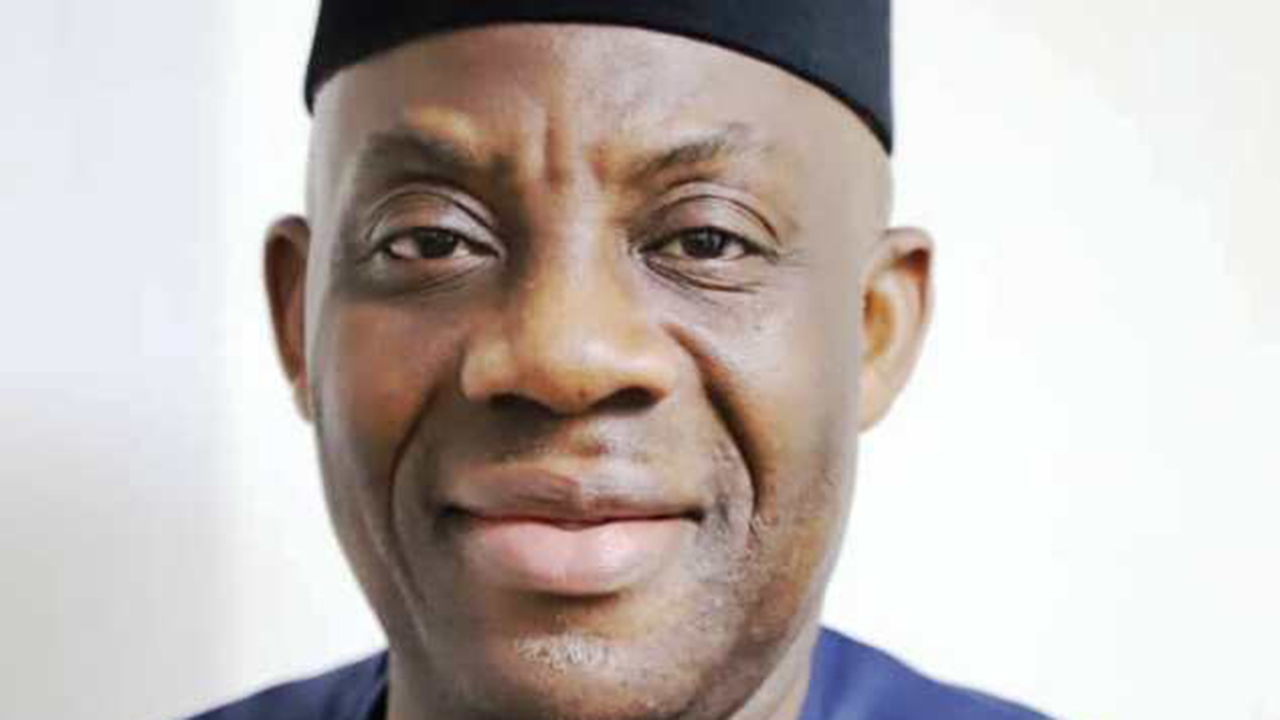The objective of the purge was to ‘sanitise the civil service’ system by eliminating corrupt, inefficient and redundant officials and public servants. The administration was both methodic and severe in its objective through the constitution of panels of inquiries to investigate all allegations of misconduct and corruption, as well as divided loyalty, perceived decline in productivity (through old age), and so on. The investigation led to the compilation of more than 11,000 names including not only rank-and-file public servants but also the top echelon of the civil service, including the famous and notorious super permanent secretaries.
The super permanent secretaries indeed have a place in the annals of administrative history in Nigeria. They emerged at a most critical time when the Nigerian state was witnessing a fragmentary civil war that threatened the unity of the country. And their exceptional administrative credo and credentials went beyond the bounds of the traditional status of the civil servant.
It was due to their administrative ingenuity that Decree 31 of 1967 (Public Security decree that outlawed the possession of firearms and ammunitions), and Decree 4 of 1968 (the military courts special powers to enforce discipline among the Nigerian troops). Indeed, the history of the Nigerian civil war and its administrative dynamics would be incomplete without their extremely competent and committed administrative and developmental policy inputs.
The emergence, unbridled presence and dominance of the super permanent secretary demonstrated two significant facts about the civil service that Nigeria inherited from Britain. It reveals, one, that the system was elitist, class-based, professional and meritocratic. Two, the bureaucracy became in the hand of the military an ideological instrument for political intervention in the economy.
This was especially given the fact that the colonialists deliberately prevented the emergence of indigenous private enterprises while allowing foreign enterprises—Leventis, Cadbury, Lever Brothers, UAC, PZ, Kingsway, etc.—to flourish.
Three, this elitist and professional status of the civil service overexposed it, especially during the General Gowon regime, to political intrigues which possibly brought the super permanent secretaries on a collision course with the political class and the army generals.
And so, it is not surprising that the super permanent secretaries—Allison Ayida, Philip Asiodu, ImeEbong, Ibrahim Damcida, Ahmed Joda,and many others—were brutally axedby the Muhammed-Obasanjo regime. Other key bureaucrats retired included Alhaji SuleKatagum (Chairman of the then Federal Public Service Commission), Alhaji Abubakar Tatari Alli, Mr F.M.C. Obi, Chief J.A. Adeyeye, and many more. The case of Sir Samuel Layinka Ayodeji Manuwa—surgeon extraordinaire, Inspector General of Medical Services, and former Chief Medical Director to the Federal Government of Nigeria—was too tragic to be narrated here.
The short side of the story is that on September 27, 1975, he was unceremoniously booted from office and given only two weeks to make his way out of his Ikoyi government apartment. He died six months later. Judges were not left out of the severe purge: Dr Taslim Olawale Elias (Chief Justice of the Federation), Justice Adewale Thompson, Justice Ebenezer Ayoola, Justice O. Odumosu, Justice F.A. Abina, and others. Other civil and public servants included: Alhaji Adamu Atta (Secretary to NEPA), Dr Clement Isong (Governor of the Central Bank of Nigeria), etc. In academia, Professor Horatio Oritsejolomi Thomas, Nigeria’s first indigenous professor of surgery, was unceremoniously booted from office as the vice chancellor of the University of Ibadan. His dismissal came over national radio while he was hosting the luncheon for guests including some global figures who had attended the convocation ceremony at UI.
The downsising of the civil service created a paradoxical effect. On the one hand, civil and public servants were served the critical notice that they would be brought to account, and that inefficiency and administrative sloth would no longer be condoned. However, on the other hand, the purge crucially undermined institutional morale, performance and productivity.
There are several intended and unintended consequences of this arbitrary purge. The first and fundamental one was the loss of experienced officials and officers, and the subsequent destruction of institutional memory across the civil and public services.
The names of Asiodu, Elias, Manuwa, Katagum, Thomas, Isong, Attah, etc. represent some of the best institutional and structural resource that the civil and public service has produced. These people embody what ought to have been a generational capital that the civil and public service could deploy in regenerating, consolidating and sustaining the vitality of the system for the continuing possibility of developmental and governance transformation.
Olaopa is the Chairman, Federal Civil Service Commission and Professor of Public Administration, Abuja.






